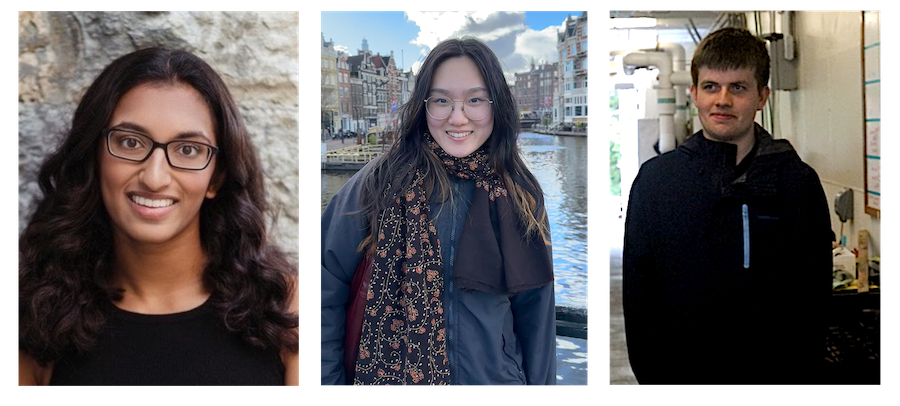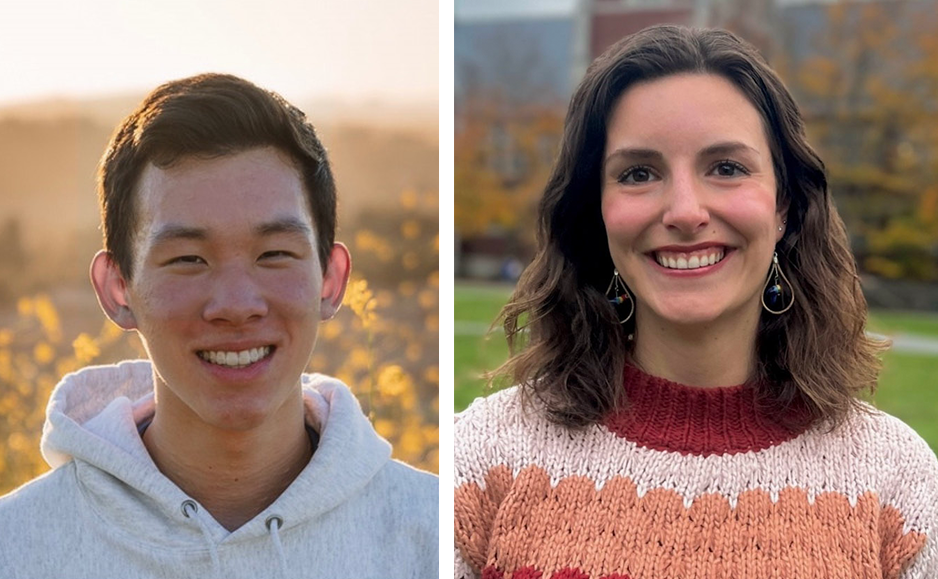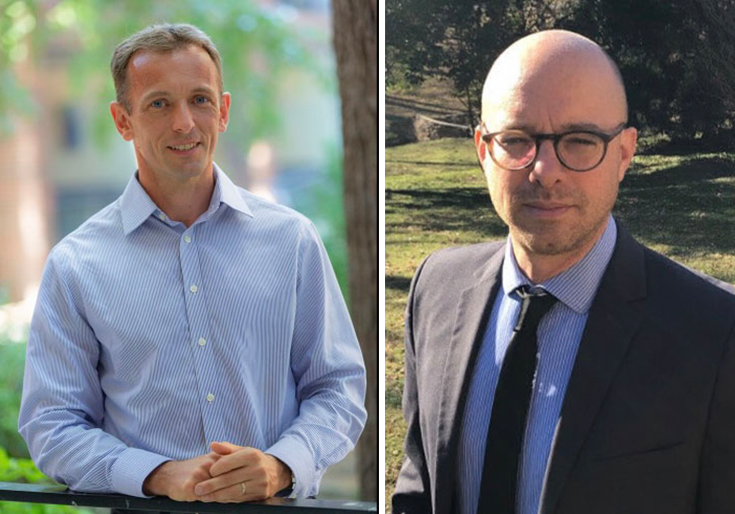Bowdoin's Palopoli Finds Promising Way to Study Human Evolution, with Mites
By Bowdoin
Microscopic face mites that live deep in our hair follicles and sweat glands contain information on where our ancestors came from, according to a new study by first author Michael Palopoli, an associate professor of biology at Bowdoin. The co-authored study shows that people with European, Asian, African and Latin American ancestries carry four different subgroups of the bugs, which could help reveal how humans spread throughout the globe.
Palopoli’s is the first experiment to look at mites, in particular their mitochondrial DNA, to glean insight into human history and migration, according to Science. “The authors have found a very promising new way to investigate human evolution,” University of Florida in Gainesville evolutionary biologist David Reed said to Science.
The findings were written up in Wired as well.



